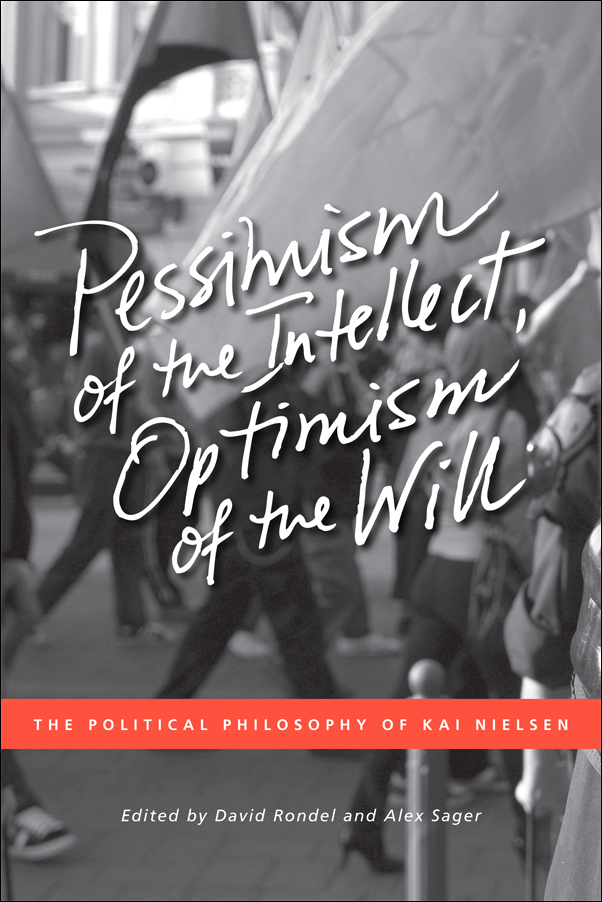

Optimistic Views Neo-classical and Developmentalist Model Research boom emerged in periods after 2001 with a significant focus on remittances and generally positive views such as brain gain and the importance of diaspora participation in development. This period was still characterised by a further tightening of the migration policies. The period between 19 saw a persistent scepticism further advanced, only that this period was a near-neglect of the issue of migration and development altogether. There was a growing body of scepticism and the policy decisions of that time aimed at issues like tightening migration, integration concerns etc. There was serious concern on the migration pessimism as the research concentrated on the negative side of migration, which included issues like migration being the cause of dependency, brain drain, consumption, disintegration, etc. In essence, the development here was strongly associated with the return.īetween 1973 to 1993 research community mainly reflected pessimism. It also concerned itself with how migrants contributed to the development or took off of the sending countries. Here the major policy field majored in capital and knowledge that was transferred by immigrants. This paradigm shift has been changing since the 1970s, for instance, until 1973, the research community comprised of development and migration optimism. The opposing views on migration are composed of binary opposition, which reflects a notable paradigm shift such as neo-classical versus neo-Marxist, functionalist versus structuralist, brain gain versus brain drain etc. It is thus crucial for us to map these theories within the broader view of migration theory. Due to this skewed focus, the general migration theories fail to offer critical insights into the real picture of migration impacts on the development in the countries that send the migrants.

Further, the debate on migration has emanated from the general process and, even in some instances, on the societies that are receiving the migrants. It should be noted that initially, the migration has been dominated by pessimism (Taylor 1999). The two opposing groups can be classified into “migration optimists” and “migration pessimists”. The discussion has been so heated that many have taken distinctively opposing positions. Migration and Developmentįor many years the debate on the impact of migration on development has occupied many scholars. The review done will equally look at the various resultant theoretical advances that go with the study. This paper is going to critically address the dichotomy between the “optimistic” and “pessimistic” approaches in the scholarship on migration, remittances and development. These are related to the advantages and disadvantages of migration. The model that best applies to the Puerto Rican experience is the racialized place inequality framework, as it takes into account both individual attributes and the residential mobility some Boricuas have attained in the most recent period while acknowledging a parallel racialization process in some destinations.Several issues related to migration have cropped up. To analyze the socioeconomic mobility of Puerto Ricans, the author examines the paradigms known as classic assimilation, underclass or culture of poverty, segmented assimilation, place stratification, and stratified ethnoracial incorporation. Migration within the United States has recently taken a bifurcated form with many Boricuas moving to Sunbelt destinations while others settle in mid-sized cities in the Northeast. Abstract : This paper discusses some of the social science paradigms developed to explain the initial migration and adaptation of ethnic and racial groups in the United States and the applicability of these theories to the Puerto Rican experience.


 0 kommentar(er)
0 kommentar(er)
